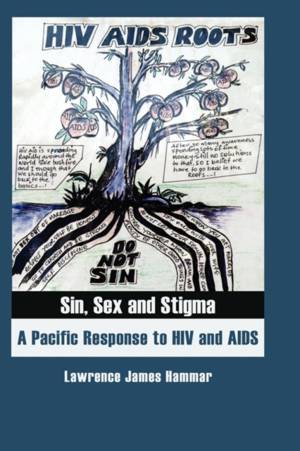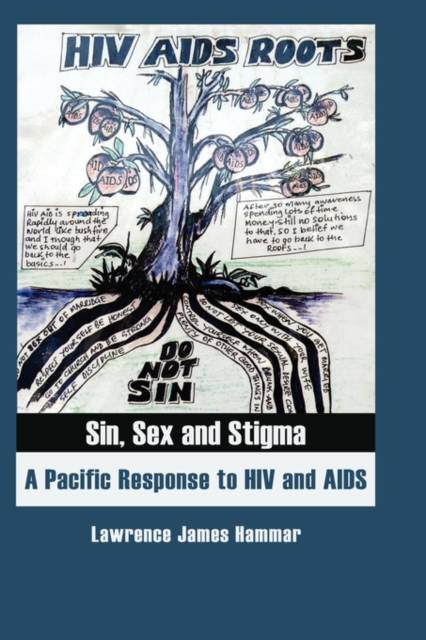
- Afhalen na 1 uur in een winkel met voorraad
- Gratis thuislevering in België vanaf € 30
- Ruim aanbod met 7 miljoen producten
- Afhalen na 1 uur in een winkel met voorraad
- Gratis thuislevering in België vanaf € 30
- Ruim aanbod met 7 miljoen producten
Zoeken
€ 149,45
+ 298 punten
Omschrijving
What happens to national HIV programmes when Science and Religion collide and when both ignore the setting of most infections: in or on the way to marriage? HIV and AIDS are serious social and public-health problems in Papua New Guinea. After long delays, community-, business- and faith-based organizations have launched an impressive multi-sectoral response. But health-service systems are overwhelmed by the need for HIV antibody testing and counselling, and for treatment with antiretrovirals. Foreign notions of epidemiology, such as 'sex worker', 'risk group' and 'rural/urban', have gained traction despite massive empirical evidence as to their inapplicability. Each of these has fuelled, rather than confronted, the gendered contradictions of marriage and sexuality in Papua New Guinea. Quantitative approaches have fetishized numbers at the expense of enabling changes in social-structure. Part One of Sin, Sex and Stigma draws upon ethnography, public discourse and archival data to critique public-health policy and epidemiological modelling. Christian-inflected sex-negativity and anti-condom rhetoric are shown to have stymied prevention initiatives. Part Two enlists experts in antiretroviral therapy, sex work activism and ethnography in dialogues focused on strengthening the national response to HIV and AIDS. 'A "hot glow of anger" compelled Lawrence Hammar to write this fiery account of the many factors preventing successful HIV and AIDS interventions in Papua New Guinea. Drawing on his extensive research experience on sexuality and sex work, on cultural and Christian ideologies, and on outrageous stories of denial, abuse, and stigma, Hammar paints a rich and devastating portrait of the history of AIDS in PNG. Read it and weep. Lawrence Hammar is an inspiring reminder for AIDS scholars and activists everywhere of the differences committed social scientists can make to the way things are done.', Leslie Butt, Dept. of Pacific and Asian Studies, University of Victoria
Specificaties
Betrokkenen
- Auteur(s):
- Uitgeverij:
Inhoud
- Aantal bladzijden:
- 444
- Taal:
- Engels
- Reeks:
Eigenschappen
- Productcode (EAN):
- 9780955640049
- Verschijningsdatum:
- 31/05/2010
- Uitvoering:
- Hardcover
- Formaat:
- Genaaid
- Afmetingen:
- 156 mm x 234 mm
- Gewicht:
- 793 g

Alleen bij Standaard Boekhandel
+ 298 punten op je klantenkaart van Standaard Boekhandel
Beoordelingen
We publiceren alleen reviews die voldoen aan de voorwaarden voor reviews. Bekijk onze voorwaarden voor reviews.








